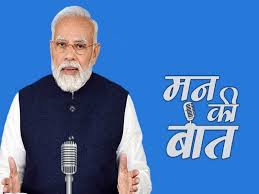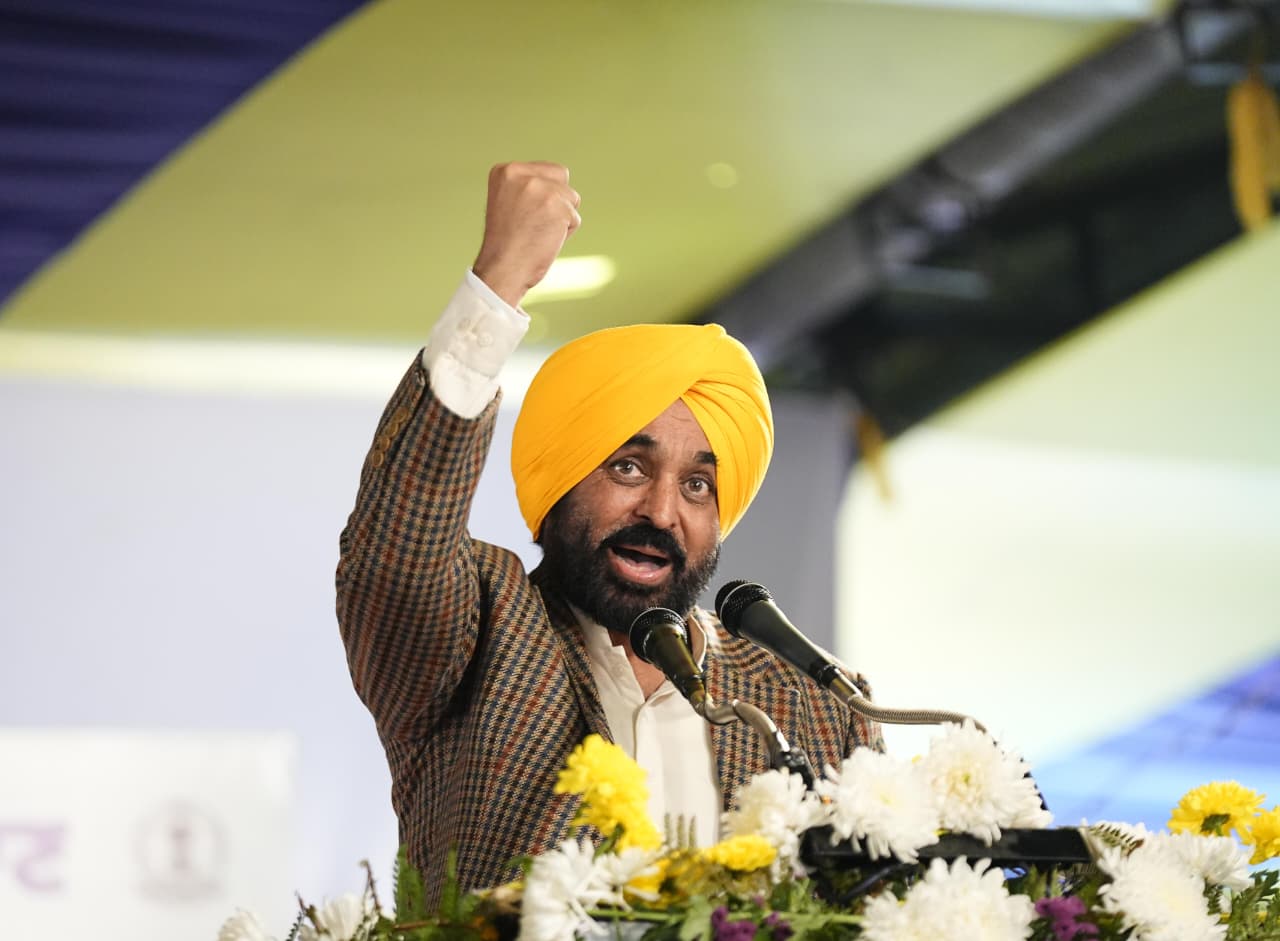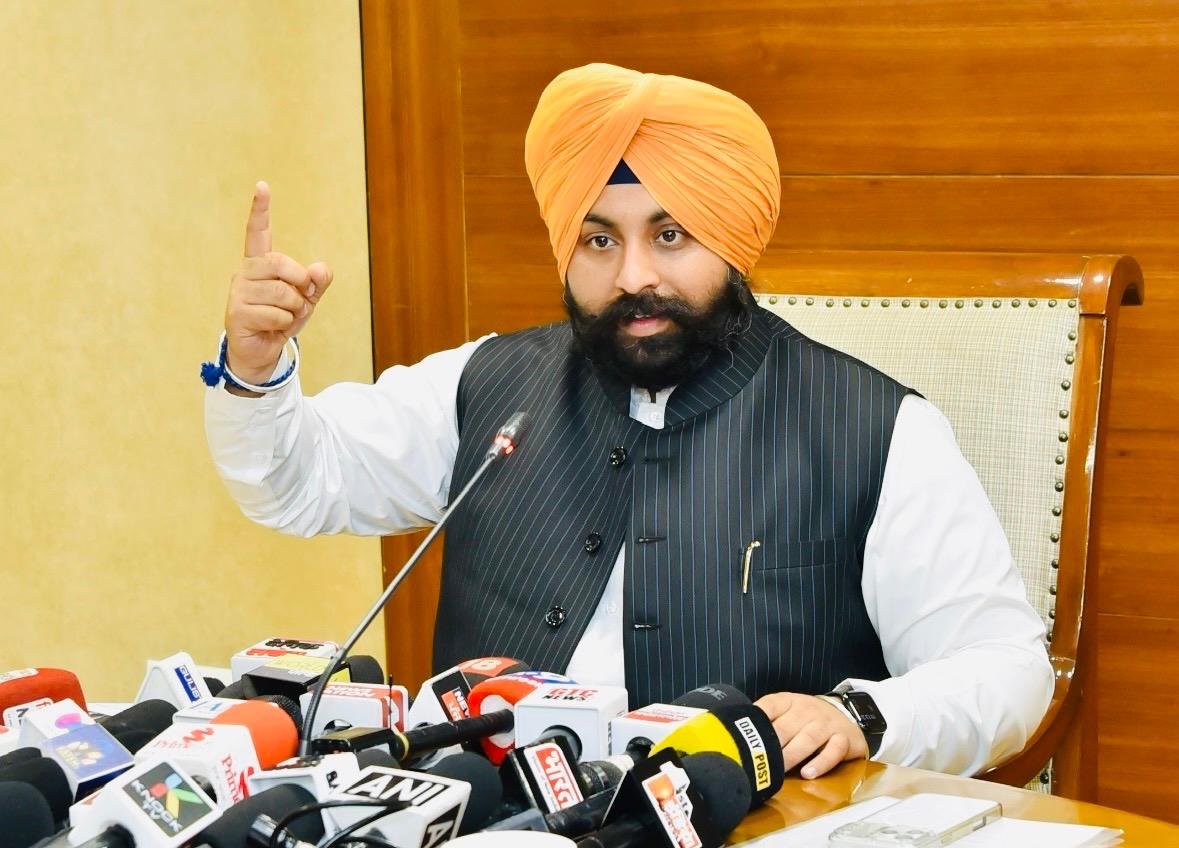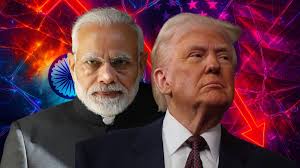Listen To This Post
Written By: DINESH SOOD Thenewsdose.com
Ravi, a 22-year-old from Bihar, is the first in his family to graduate from college. He studied hard, cleared exams, and earned a degree in commerce. Yet after two years of job hunting in Delhi, he still works as a delivery rider. His problem is not lack of effort—it is lack of skills. Employers wanted him to demonstrate proficiency in Excel analytics, problem-solving, and effective communication in English. None of these were part of his syllabus.
Ravi’s story is not an exception—it is a warning. India has the world’s largest pool of young people, but without the right skills, this demographic dividend could slip into a demographic disaster.
The Employability Dilemma
The India Skills Report 2025 reveals a sobering reality: only 55 per cent of India’s youth are employable this year. Nearly one in two young Indians entering the job market is unprepared for roles that demand adaptability, digital fluency, and resilience. The National Skill Development Corporation warns of a 29 million worker shortfall in high-demand sectors, including artificial intelligence (AI), semiconductors, healthcare and wellness, and green technology.
This mismatch is about more than technical skills. The World Bank has found that employers value problem-solving, collaboration, and emotional intelligence as much as coding or engineering. Candidates with these “human skills” not only find jobs faster but also command higher salaries.
The Innovation Gap
The lack of 21st-century skills also fuels India’s “ingenuity gap.” Despite being the world’s fourth-largest economy, India spends less than 0.7 percent of GDP on research and development, compared with 2.4 percent in China and over 3 percent in the US. The result: while China filed nearly 800,000 patents in 2023, India filed barely 30,000.
This is not because Indian youth lack creativity—it is because schools and colleges rarely nurture it. Rote-heavy syllabi and high-stakes exams leave little space for curiosity, design thinking, or problem-solving. Unless India integrates these skills into education, it risks remaining a consumer of global innovations rather than a creator.
Why 21st-Century Skills Matter
The workplace is changing faster than textbooks can keep up. Clerical roles are shrinking, while jobs in renewable energy, AI, fintech, and biotech are booming. The Future Jobs Report 2025 estimates that nearly 40 per cent of today’s skills will be outdated by 2030.
Consider Suman, a young woman from Rajasthan, who joined a coding boot camp run by a nonprofit. Within six months, she was not only writing software but also leading a small project team. Her emotional intelligence and collaboration skills—nurtured through group tasks at the bootcamp—landed her a remote job with a US-based firm.
Stories like Suman’s show that 21st-century skills are not just about employability; they are about dignity, confidence, and mobility. Research also confirms that students with strong social-emotional skills perform better academically, have higher well-being, and are less prone to stress.
But getting there requires systemic change, First-infrastructure gaps, barely 57 percent of schools have computers and just 54 percent have internet access. Rural schools are the worst hit. In many villages, children see a computer for the first time only at exam centres. Second, teacher preparedness and teacher training have teachers have neither the digital literacy nor the pedagogical tools to nurture creativity or critical thinking. Pressured to finish syllabi, they fall back on rote teaching.
Third, social inequities, gender, geography, and disability deepen the divide. Only 36 per cent of rural adolescent girls own a smartphone, which limits their digital learning opportunities. Tribal students and children with disabilities often lack accessible content. Fourth-grade assessment systems examined memory over imagination. Until assessments evolve, schools will find little incentive to prioritise problem-solving or collaboration.
Must act on five fronts:
Curriculum Reform: Treat 21st-century skills as foundational, not optional or vocational. They must be embedded across all subjects, not bolted on as separate modules.
Teacher Empowerment: Update training frameworks, provide continuous professional development, and equip teachers with digital and social-emotional learning tools to enhance their effectiveness.
Equity and Access: Bridge the digital divide with low-cost innovations—such as offline content, peer-led clubs, and multilingual resources.
Assessment Innovation: Transition towards project-based evaluations, portfolios, and digital badges that capture creativity, teamwork, and problem-solving skills.
Partnerships: Leverage CSR funds, edtech platforms, and industry collaborations to scale pilots’ skill-sets into national programmes.
A National Imperative
This is not simply about making Indian youth employable. It is about nation-building. The right skilling ecosystem can create jobs domestically, while also preparing youth for employment-linked migration as Western countries seek skilled workers. Such a “circular flow of talent” can enrich India through remittances, cross-cultural experiences, and global networks—turning its demographic dividend into a strategic global advantage.
If it fails, the consequences will be dire: millions of educated but under-skilled young people stuck in low-paying jobs, fueling frustration and inequality. Already, countries like Sri Lanka and Nepal have seen how jobless youth can turn their anger against political elites. India cannot afford to ignore the warning signs.
Ravi’s frustration and Suman’s success together tell us one thing: skills make the difference between stagnation and mobility, between despair and dignity. If India seizes the moment, its young people could become the world’s most dynamic workforce, driving not just national growth but also global progress. The choice is stark, but the path is clear. The question is not whether India can afford to invest in 21st-century skills.
-The writer is Co-Founder and MD of Orane International, a Training Partner with the National Skill Development Corporation (NSDC), and a Network Member of India International Skill Centres(IISCs), an initiative of GoI. View Express is personal.















